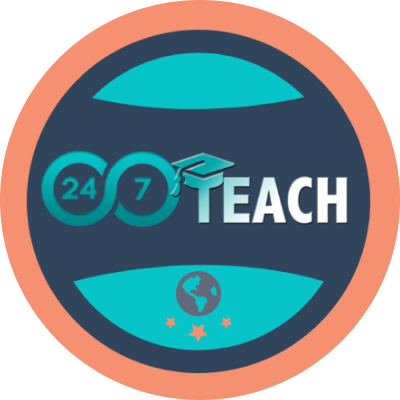Lesson 6: Design Activities and Experiences
Prefer to listen to this lesson? Click below.
Workshop Scenario:
Please think of yourself in the following scenario as you complete this workshop.
You are recently hired by a company specializing in online learning platforms. You must take an introductory learning experience design course as part of your onboarding process.
After completing the course, you are assigned to write a content development plan for an online cooking course promoting healthy eating habits. The course aims to teach participants, both teens, and adults, about nutritious ingredients, cooking techniques, and meal planning for a balanced diet. The course should follow the learning experience design steps.
In the last lesson, you explored how to create a content scope.
In this lesson, you’ll learn how to design assignments with accurate deliverables that closely resemble real-world challenges and provide practical skills and relevance to the learner's work or life.
Your objective for today is:
Develop the capability to design assignments with accurate deliverables that closely resemble real-world challenges and provide practical skills and relevance to the learner's work or life.
Important Questions to Consider While Reading:
To be successful in this lesson, you must be able to answer these important questions.
How does designing learning experiences that focus on real challenges differ from traditional assessments that rely on knowledge recall? What are the benefits of moving away from knowledge recall assessments?
How can assignments with authentic deliverables enhance the learning experience? How do these assignments provide practical skills and relevance to learners' work or life?
6.1 Assignments
As a learning experience designer, you can design assignments that promote active learning and reinforce the concepts being taught. Here are some assignment ideas you can consider:
Case Studies: Assign students to analyze real-world scenarios or case studies related to the subject matter. They can be asked to apply their knowledge, critical thinking skills, and problem-solving abilities to analyze the situation, identify key issues, and propose appropriate solutions.
Research Projects: Encourage students to delve deeper into a specific topic by assigning research projects. They can explore relevant literature, conduct experiments, gather data, and present their findings through a research paper, presentation, or poster session.
Group Projects: Foster collaboration and teamwork skills by assigning group projects. Students can work together to tackle complex problems, develop solutions, or create a product. This allows for peer learning, delegation of tasks, and shared responsibility.
Reflective Journals: Prompt students to maintain reflective journals where they can document their learning experiences, insights, and personal reflections. This encourages metacognition and self-awareness, helping students deepen their understanding of the subject.
Multimedia Presentations: Assign students to create multimedia presentations on specific topics. They can utilize a combination of text, images, videos, and interactive elements to deliver engaging and informative presentations. This develops their communication and digital literacy skills.
Debates and Discussions: Organize debates or online discussions around controversial or thought-provoking topics. Assign students to prepare arguments, present their viewpoints, engage in respectful debates, and provide evidence to support their claims. This fosters critical thinking and oral communication skills.
Simulations and Role-Playing: Design simulation activities or scenarios where students can apply their knowledge and skills in realistic contexts. This allows them to experience real-life situations, make decisions, and understand the consequences of their actions.
Online Quizzes and Assessments: Create online quizzes or assessments to gauge students' understanding of the material. These can be in the form of multiple-choice questions, short answer questions, or interactive activities. Instant feedback can be provided to help students identify areas for improvement.
Creative Projects: Encourage students to express their understanding of the subject matter through creative projects. This can include creating artwork, designing infographics, producing videos, writing stories, or composing music related to the concepts taught.
Problem-Based Learning: Present students with authentic, real-world problems and challenge them to find solutions. This promotes critical thinking, research skills, and application of knowledge in practical settings.
6.2 Guidelines for Assignment Quality
Ensure that assignments meet specific criteria to maintain quality. Assignments should
provide immediate practice and application of concepts
have clear instructions and processes for completion
include well-defined standards of expected quality
The clarity in assignment design and expectations helps learners understand what is required for successful completion.
Closing Assessment:
Select the Assessment button below to answer the following questions:
How does designing learning experiences that focus on real challenges differ from traditional assessments that rely on knowledge recall? What are the benefits of moving away from knowledge recall assessments?
How can assignments with authentic deliverables enhance the learning experience? How do these assignments provide practical skills and relevance to learners' work or life?
Discussion Question:
1. Please answer the following question in the comment section below and interact with learners from around the world.
Reflecting on your own learning experiences, discuss a time when you engaged in a project-based assignment or collaborated with peers. How did these experiences contribute to your understanding and application of the concepts?
2. Please read and reply to other learners’ answers in the forum. Your replies should offer new substantiated ideas or thoughtful questions.








